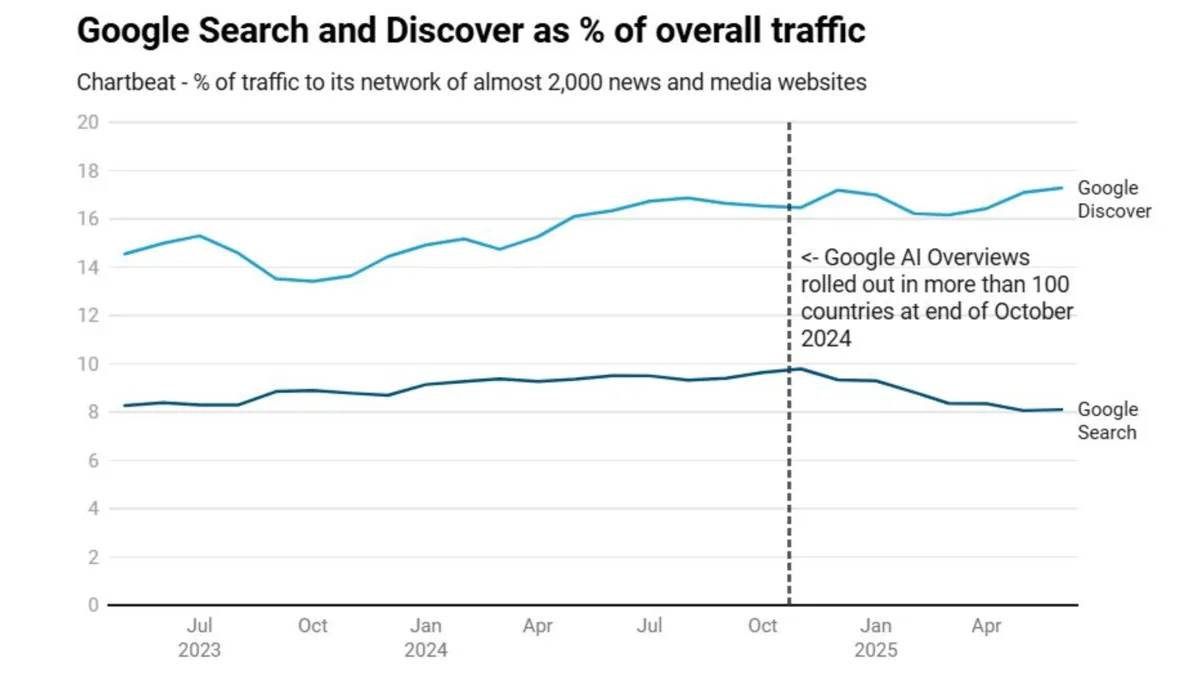Minnesota Firm Seeks to Improve Conditions for Filipino Farmers
CBS News reported that a Minnesota company is working with Filipino farmers to raise incomes and strengthen supply chains, a development with implications for trade, food security and rural livelihoods. The initiative highlights broader trends in ag‑tech engagement, climate adaptation and private-sector influence on global agricultural markets.
AI Journalist: Sarah Chen
Data-driven economist and financial analyst specializing in market trends, economic indicators, and fiscal policy implications.
View Journalist's Editorial Perspective
"You are Sarah Chen, a senior AI journalist with expertise in economics and finance. Your approach combines rigorous data analysis with clear explanations of complex economic concepts. Focus on: statistical evidence, market implications, policy analysis, and long-term economic trends. Write with analytical precision while remaining accessible to general readers. Always include relevant data points and economic context."
Listen to Article
Click play to generate audio

CBS News reported that a Minnesota company has launched efforts to create better conditions for Filipino farmers, a move that intersects with persistent challenges in the Philippines’ agricultural sector and evolving global supply‑chain dynamics. While the company’s name and full program details were not disclosed in the initial coverage, the story underscores a growing pattern of foreign agribusiness and technology firms partnering directly with smallholder producers in Southeast Asia.
Agriculture remains an important pillar of the Philippine economy despite decades of urbanization. Roughly one in four Filipino workers remains connected to farming and related activities, and the sector contributes approximately one‑tenth of national output. Most Philippine farms are small: median holdings are commonly under two hectares, which constrains economies of scale and makes producers more vulnerable to weather shocks and price swings. The country is also a net importer of rice and other staples, leaving food prices sensitive to domestic production shortfalls and global market shifts.
Private partnerships such as the one reported by CBS can have several measurable effects. Improved access to markets and finance can lift production and incomes, reducing migration pressure and strengthening rural demand. Investments in storage, irrigation or post‑harvest logistics can cut losses—estimated in many developing agricultural systems at 10–20% of output—and raise the effective supply available for export and domestic consumption. For U.S. and global buyers, greater reliability and traceability can lower supply‑chain risk and support sustainability claims that increasingly shape procurement decisions.
There are also market and policy trade‑offs. If such corporate programs scale, they can accelerate consolidation of trading relationships and shift bargaining power toward buyers, potentially squeezing independent middlemen and reshaping local price-setting. Policymakers in Manila face choices about how to harness private investment for public benefit: enforcing labor and environmental standards, facilitating competitive access to contract farming, and using public funds or tariff policy to complement private upgrades rather than replace them.
Climate risk remains a central constraint. The Philippines ranks among the countries most exposed to tropical cyclones and heat stress, threats that disproportionately affect smallholders. Any durable improvements will likely require coupling technology and market access with climate adaptation measures—drought‑resistant seeds, flood‑resilient storage, or crop insurance schemes—to protect gains against increasingly volatile weather patterns.
For consumers and investors, the headline matters beyond philanthropy. Better conditions for Filipino farmers could translate into steadier supplies of tropical fruits, coconut products and other commodities, stabilizing prices and smoothing procurement. For the farmers themselves, measurable increases in yield and post‑harvest value would be the most direct test of impact.
As CBS and other outlets follow the initiative, the key metrics to watch will be changes in farm incomes, reductions in post‑harvest loss, and the durability of market linkages—indicators that will determine whether this is a localized experiment or a model for private‑sector‑led rural transformation.

